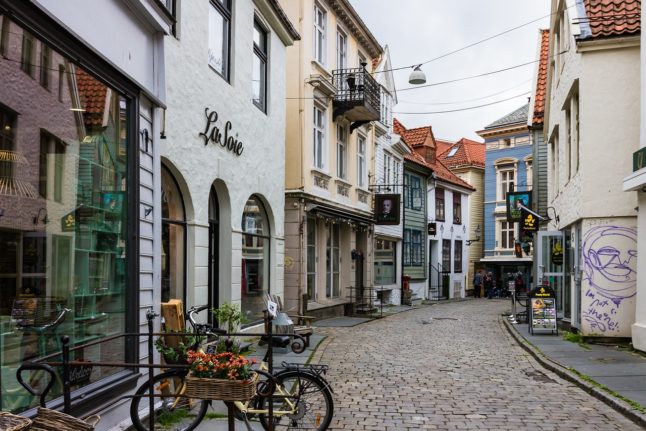Swiss citizens in the French-speaking canton weighed in on some hot button issues on Sunday.
One concerned extending voting rights for foreigners.
Specifically, the initiative called for foreigners who have lived in the canton for at least eight years, to be able to vote and stand as candidates for political offices at the cantonal level — a move that, if accepted, would make Geneva the first canton to grant non-Swiss citizens such sweeping rights.
(Neuchâtel and Jura allow foreigners to vote at cantonal level, but not stand for election).
However, on Sunday, voters heeded the recommendation of the Geneva parliament, which said that “the only path for foreigners to obtain full political rights is through naturalisation.”
The initiative was refused by 61 percent of voters.
However, 84.7 percent of voters were in favour of another cantonal proposal: to ban “the exhibition or wearing of symbols, emblems and any other object of hatred, particularly Nazi, in public spaces” in Geneva.
Voters also refused to change the current law on assisted suicide in elderly-care facilities.
While assisted suicide is legal throughout Switzerland, some cantons, like Vaud and Valais, also authorise public care facilities o allow this practice, as long as all the legal conditions are met.
Also in Geneva, such a legislation had prevented care facilities from banning assisted suicide on their premises.
However, cantonal parliament suspended these provisions, prompting an assisted suicide organisation, EXIT, to bring the issue to the polls.
Just over 76,5 percent of voters cast their votes in favour of maintaining the current system.
READ ALSO: Do Swiss cantons have different rules on assisted suicide?
What about other cantons?
Referendums were held in some cantons only.
In Fribourg, for instance, voters had to decide on constitutional initiative which sought to ensure a public hospital emergency service operating 24 hours a day, 7 days a week, throughout the entire canton.
This initiative was driven by the cut in health services on the outskirts, which caused an increase in emergencies and an overload of cases in the hospitals in the city of Fribourg.
However, 62.8 percent of voters rejected this initiative. Instead, they favoured their parliament’s counter-proposal to improve access to health services for all residents of the canton.
And in Zug, 59.5 percent of voters said no to an initiative calling for a “safe, direct and continuous bicycle network” to be implemented in the canton by 2030.
Instead, voters agreed with their government’s argument that most of the initiative’s concerns have already been met because the canton has been working on improving the cycle path network for years.



 Please whitelist us to continue reading.
Please whitelist us to continue reading.
Member comments